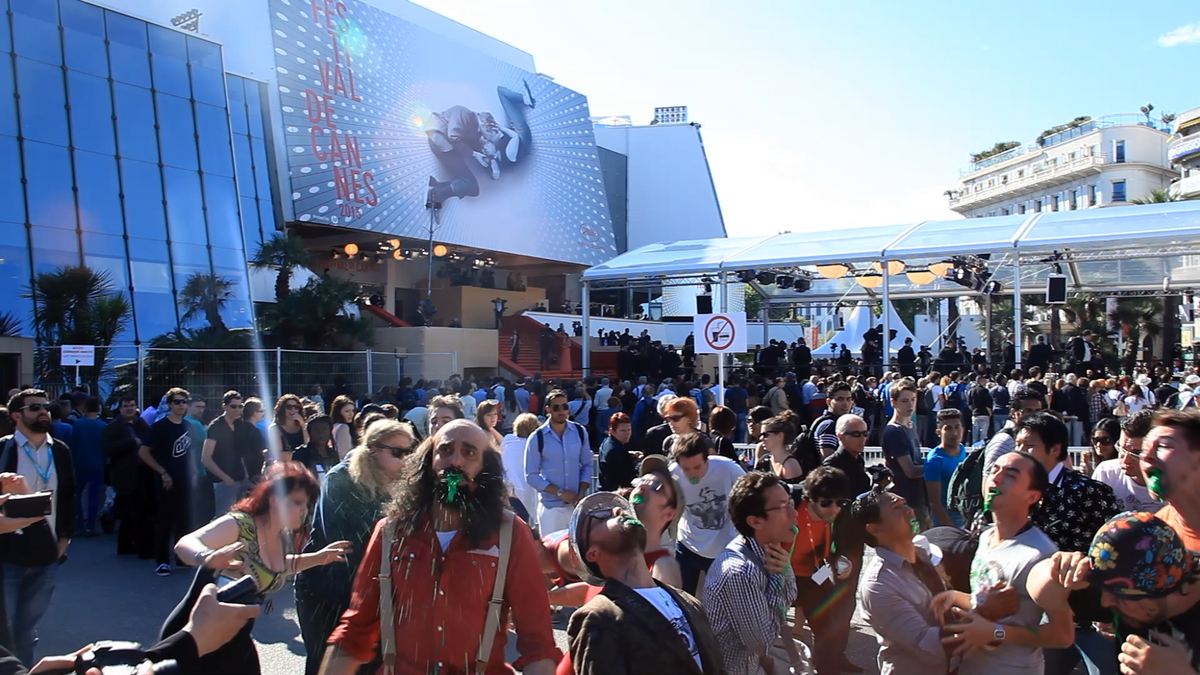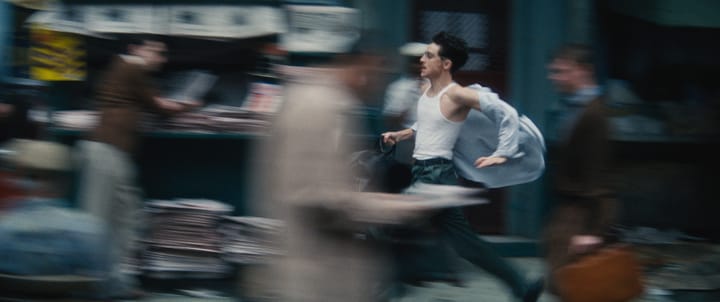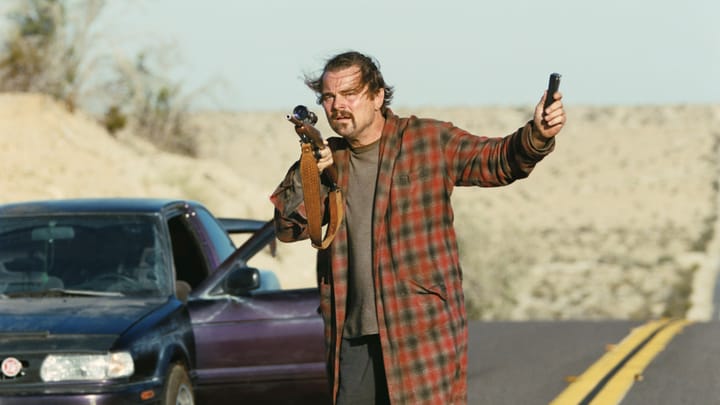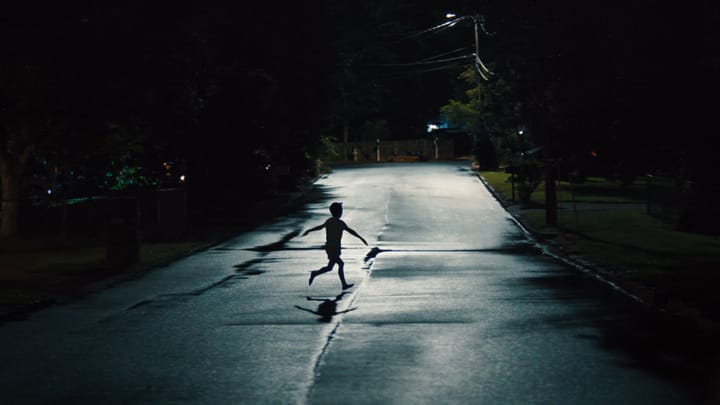Fantasia 2025: Occupy Cannes: Toxically Avenging the Decline of Independent Cinema

When you think of the Cannes Film Festival, you probably think of a certain type of film, and of the event as one linked to competition. It's the arty place for art films to compete over which is the artiest of all. What you probably don't think about is the commercial side of the Cannes Film Festival, that this is an annual event that is very much about the business of movies. You also probably don’t associate Cannes with Troma movies.
For those not in the know, Troma is an independent film studio that has long been a consummate purveyor of trash. Cult classic The Toxic Avenger is their most notable and celebrated release but they’re still out there making scuzzy weirdness for a dedicated community of oddballs. The history of Troma, though, goes very much hand in hand with the history of distribution. The video rental boom was the boom period for Troma, the logical home for their weirdness. The unifying vision has always been weird stuff of the kind you usually wouldn’t see theatrically that would grab your attention in a video store and be a blast to watch with friends.
With that market gone, what is the space for Troma? This documentary is concerned with this question, both about what Troma means in a very different cinematic landscape and, even more importantly, about the reduced space for independent film. The B movie bubble may have burst – or exists in a very different way – with straight to streaming feeling substantively different to straight to video. Troma had a place and a market, now they don't and their story is an interesting lens through which to view the changing state of the industry.
The documentary is concerned with the Troma gang returning to Cannes after a long hiatus (effectively being banned for their antics) to try and sell their new (at the time) Return to Nuke ‘Em High Vol. 1. It's an engaging picture because of the incongruity between Troma and Cannes, and because the Troma gang are interesting. The crew take a guerrilla approach to marketing that nicely points out how commercialised Cannes is, and hypocrisy around art. Through this, the film also questions these antics which becomes another way of tracking changing attitudes — and whether the spirit of rebellion can persist in the film business. It is a reflection on Troma of the past and how that fits — or just doesn’t — in the present.
There's certainly a degree of hagiography and the film isn't overly insightful. Still, it’s a compelling montage of stunts that really reveals something about the film industry and it is populated by fascinating figures. A more distanced lens would be additive, able to take in the whole view for a wider argument but the boots on the ground access is very fun. In the end, the doc captures the spirit and enthusiasm of Troma and is ultimately better at doing that than it is tackling wider concerns.





Comments ()